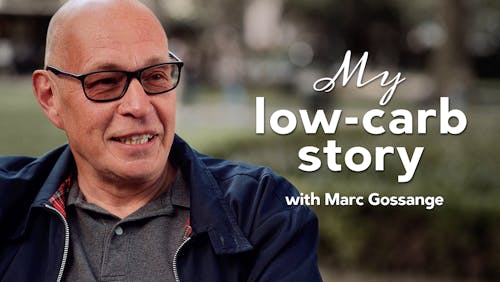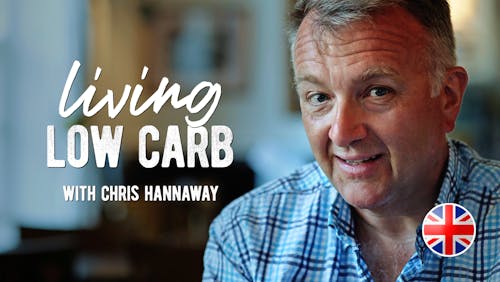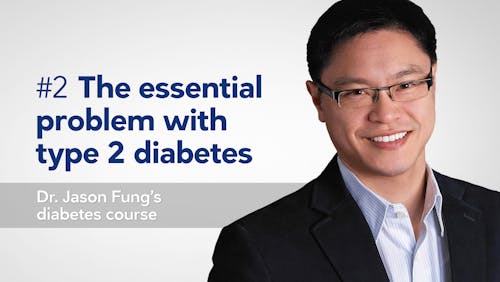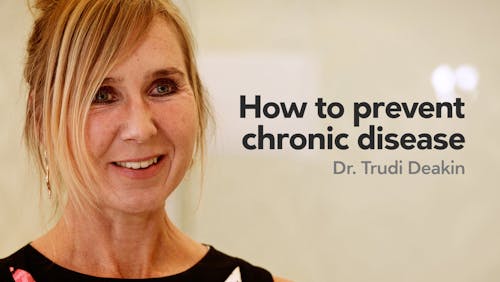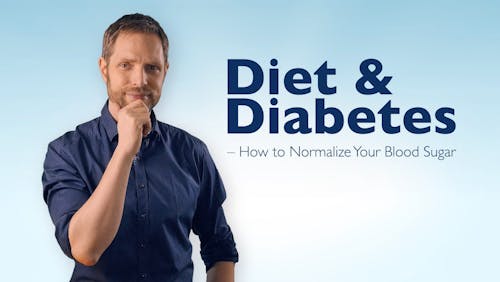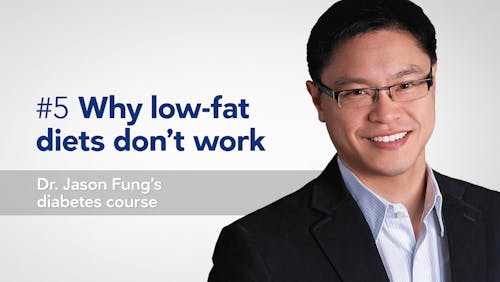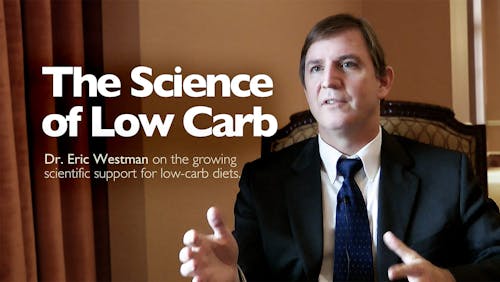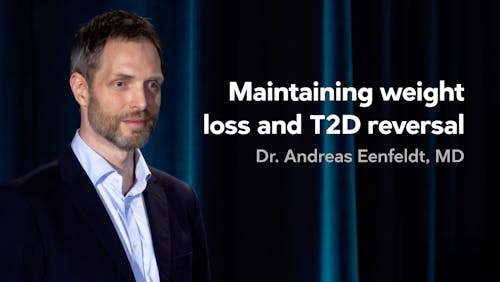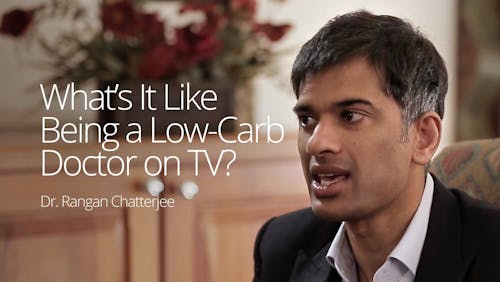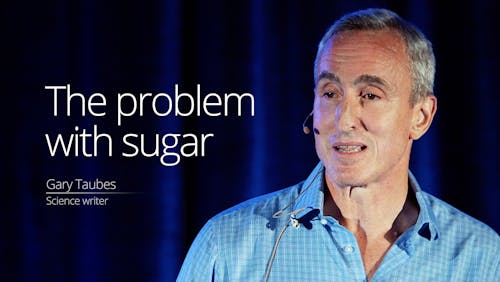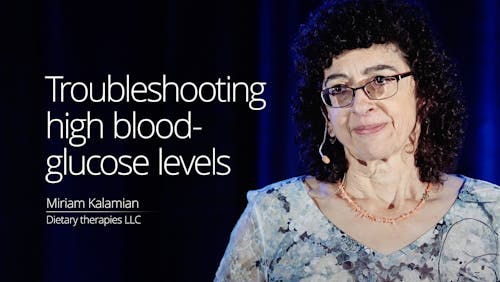Can skipping breakfast give you diabetes?
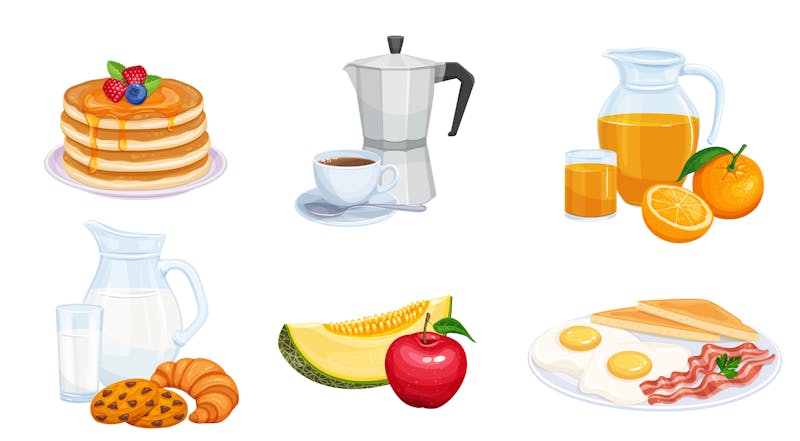
Can skipping breakfast increase the risk of type 2 diabetes? That seems highly unlikely, based on what we know about diabetes and intermittent fasting. But that’s what reports about a recent trial imply.
ABC News: Skipping breakfast even once a week might increase risk of type 2 diabetes
Boston 25 News: Skip breakfast? Science says that may increase your Type 2 diabetes risk
The study, published in The Journal of Nutrition, was a meta-analysis of six observational studies that concluded those who skipped breakfast had a 22% increased risk of developing type 2 diabetes. Given the popularity of time restricted-eating and intermittent fasting, this study directly contradicts the commonly held belief that compressing our eating window and skipping breakfast improves weight loss and insulin sensitivity.
As often happens, however, the quality of the evidence does not justify the headlines. The study only included the six observational trials. As we have mentioned before, observational trials do not prove causation. In fact, the lower the hazard ratio, the higher likelihood that the findings are more likely due to statistical noise and confounding variables that a true result. A hazard ratio of 1.22 fits that description. Another criterion for evaluating the quality of observational studies is looking for a linear dose response, meaning the more the participants did X, the higher the risk. In this trial, there was a non-linear response that plateaued after five days of skipping breakfast.
What could the confounding variables be? Other observational trials of skipping breakfast showed that the subjects were more likely to snack later at night, mostly on carbs and sweets, or they over-consumed calories during the rest of the day. Remember, these studies did not assess time-restricted eating, where subjects only eat during a short time window such as noon to 6pm. They simply skipped breakfast and otherwise ate whenever they wanted.
This fits perfectly with my clinical experience of people who continue to follow a high-carb diet and skip breakfast. The high-carb foods continue to cause glucose and insulin cycles, continue to drive cravings, and cause an increase in snacking and rebound calorie consumption during the day.
Once again, we need to be wary of low-quality observational studies that only tell half the story. In my experience, the fix is adhering to a low-carb, high-fat diet and then incorporating intermittent fasting or time restricted eating. This likely gives people their best chance of improving their insulin sensitivity, improving their metabolic syndrome, and preventing type 2 diabetes.
Thanks for reading,
Bret Scher MD FACC
Earlier
Insulin – once a life saver, now a killer?

